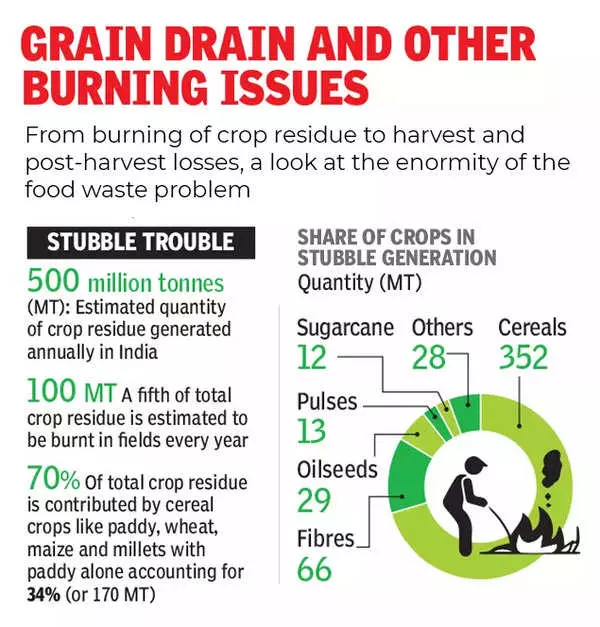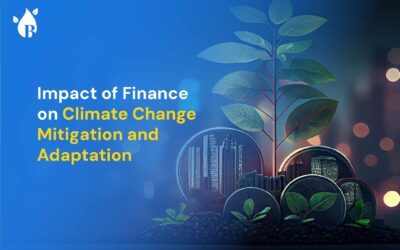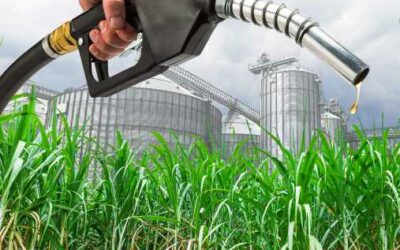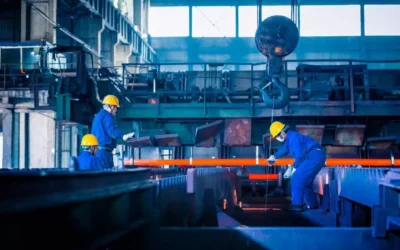
The biofuel industry is striving to grow and become a sustainable alternative to fossil fuels. Climate consequences are getting more difficult. And governments all across the world are turning towards biofuel. “Robust biofuel demand growth over the next 5 years will help meet climate and energy security goals”, says the International Energy Agency. But with growth comes challenges.
Lack of Biofuel Awareness Among Farmer Communities
One of the most fundamental challenges is the unavailability of raw materials. While plenty of agricultural waste is produced, it does not reach biofuel manufacturers.

500 million tonnes of crop residue is generated every year in India. Right now, most of it is polluting either land (landfills) or air (burning). It can instead be put to good use by the biofuel industry.
This can be partly solved by increasing awareness in the farmer communities. We must educate them about the potential of biofuel. And showcase how they can convert agricultural waste into profitable raw material.
There is no base price for feedstock and so farmers also find it difficult to get the worth they deserve. Additionally, seasonal variability of feedstock is another challenge to maintain consistent supply.
Transportational Difficulties of Feedstock and Biofuel
Raw material of biofuel is available in smaller quantities scattered across multiple locations. Collecting and transporting these feedstocks to biofuel plants effectively is a challenge. The unreliable supply chain leads to fluctuating prices and longer production times.
On the other hand, different manufactured biofuels have different properties. For example, biodiesel has lower energy density than diesel. It means you need more biodiesel to produce the same amount of energy that diesel can. So it takes up more space during transportation and storage.
These transportational difficulties add up to extra costs in the biofuel industry. It makes it harder to compete with the fossil fuel industry right now.
Insufficient Transparency in the Biofuel Supply Chain
There is a lack of reliable information about biofuel raw materials, production, and distribution. Feedstock producers don’t know to who they can sell their agricultural feedstock.
Biofuel manufacturers don’t know where they can buy raw materials from. And when they do find sources, there’s no guarantee on the quality until it reaches the plant. This lack of information leads to unreliability and confusion in the biofuel industry.
At the same time, consumers do not know the origin and quality of the biofuels they receive. There are no clear regulations to verify if biofuels are manufactured responsibly.
With time, more people are getting involved. Transparency is getting better as better policies are being put in place. At Buyofuel, we’re solving this major challenge. We’re building a network of reliable people who connect through our app to find what they’re looking for.
Lack of farmer awareness and participation; transportational infrastructure and transparency among those involved.
All in all, lack of awareness; infrastructure, and transparency are a few of the many challenges. However, increased government support and realizations from biofuel society are helping. It is essential we continue to invest our time and keep up to help make a biofuel viable alternative to fossil fuels.




